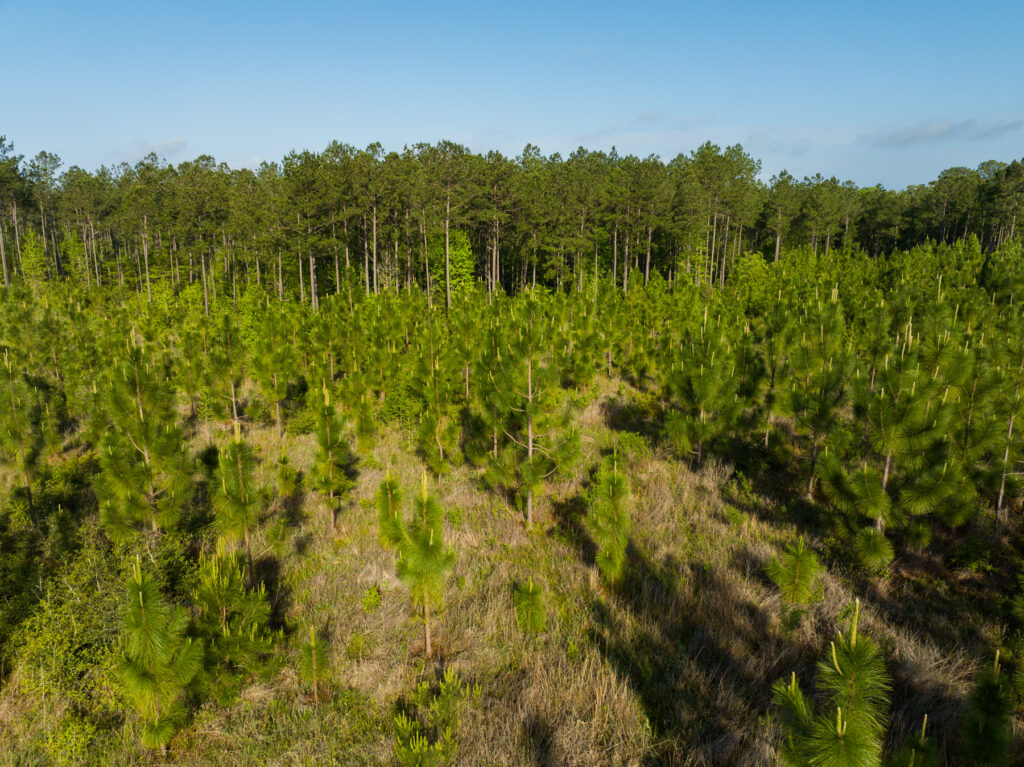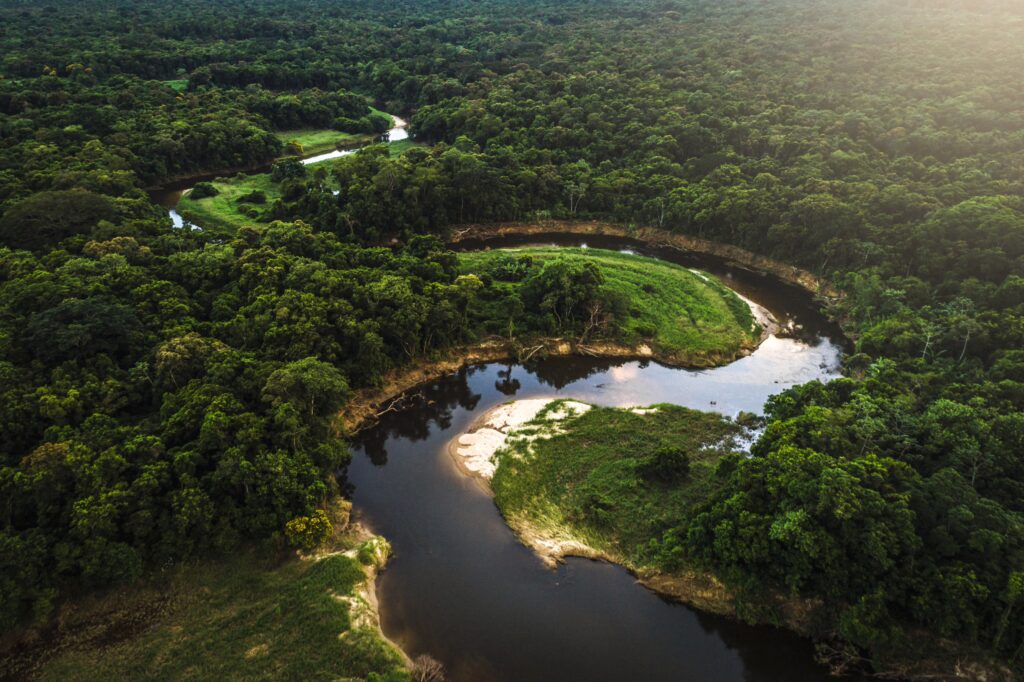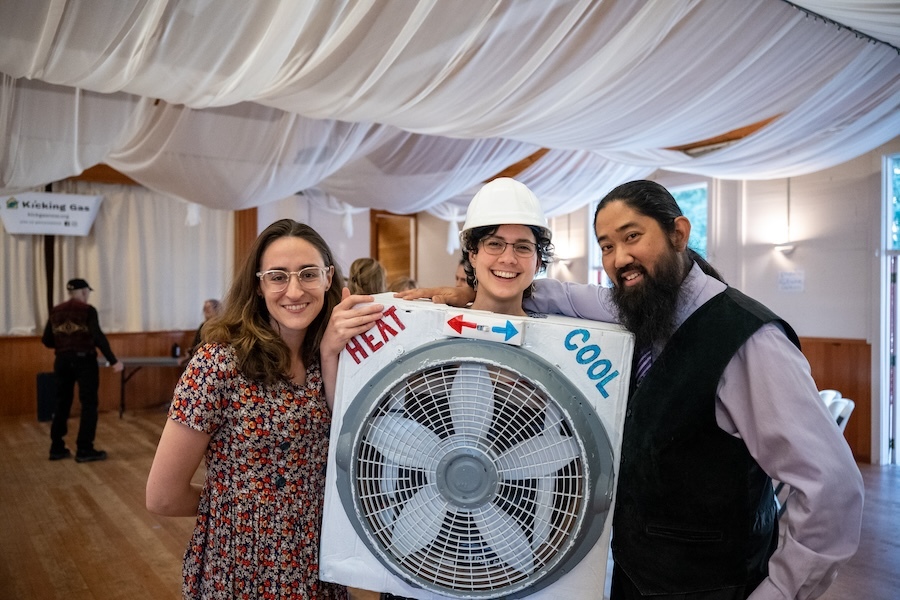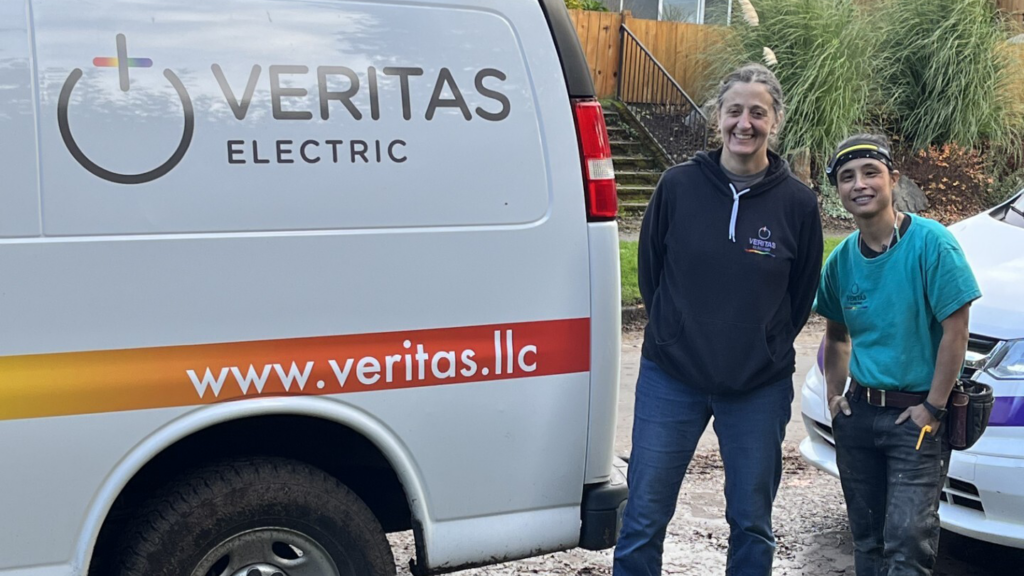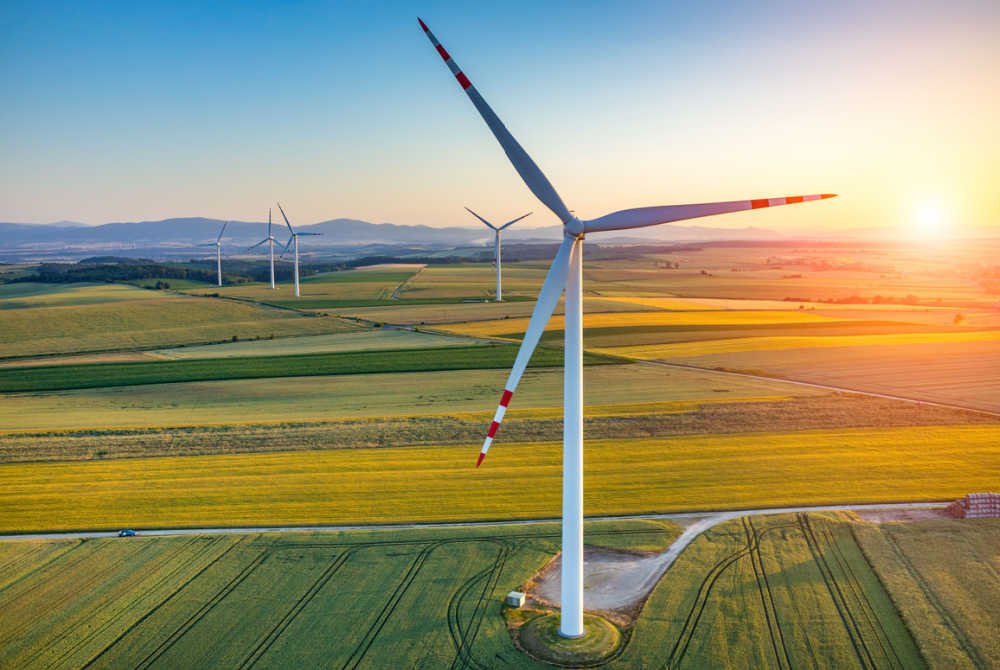Catalytic Climate Finance
Our Mission
Addressing a changing planet with scientific research and education.
In response to the rapidly changing climate, we, The Russell Family Foundation (TRFF), are advancing planet-positive solutions across every aspect of our work. Building on our legacy of environmental and social impact, we are committed to achieving a net zero portfolio by 2030 as part of this work. We put this commitment into practice through our Catalytic Climate Finance (CCF) Program. This is our pioneering work to explore all the ways that philanthropy can create a healthier planet, as well as our commitment to share our learnings along the way, so that together, foundations and other asset owners can empower environmental solutions for everyone. The stage is set for finance to help repair the health of the Earth for all.
Our Evolution to CCF
We are committed to supporting action through every aspect of our work, so that all people can thrive in a way that is reparative for the Earth. We acknowledge that the financed emissions in our portfolio represent the largest contributions to our emissions.
Maximizing positive impact has always been a priority for us at TRFF, born from one of our founders – George F. Russell, Jr. – who saw a need for investment consulting in 1969. Since our inception in 1999, we have prioritized community investment in grassroots leaders and environmental sustainability, and our investment portfolio is now nearly 95% values-aligned.
In 2014, we began divesting our investment portfolio away from fossil fuels as well as other highly carbon-intensive sectors, and instead re-invested into climate solutions such as decarbonization technology and nature-based assets.
In 2022, we signed the UN-convened Net Zero Asset Owner Alliance (NZAOA), a member-led initiative of institutional investors with $9.5 trillion of assets under management, committed to transforming their investment portfolios to net zero GHG emissions by 2050. We also announced our commitment to achieving net zero by 2030, including reducing greenhouse gas emissions across our entire portfolio consistent with a maximum global temperature rise of 1.5°C. With this commitment, The Russell Family Foundation’s Catalytic Climate Finance Program (CCF) began.
CCF centers on investing in solutions for all as we work toward our net zero goal. As part of advancing this across every aspect of our work, we also provide grants alongside our investments. These align with the program’s core principles, including collaboration and promoting resilience.
CCF’S FOUR CORE PRINCIPLES ARE TO:
Invest for a healthy planet
Transform every aspect of our work to accelerate global efforts to reduce greenhouse gas emissions, ensuring that, by 2030, what is emitted across the portfolio is no more than what is removed from the atmosphere.
Empower solutions
Provide funding to promising environmental movements, solutions, and campaigns.
Collaborate on action
Harness collective strength and efforts by aligning with other organizations focused on earth-friendly action, for greater impact.
Promote resilience
Ensure that the most impacted communities and workers are protected throughout the transition to a sustainable future.
CCF in Action
We are reducing emissions across every aspect of our work and seeking new investments that contribute to a healthier, more resilient future for all.
Case Studies
Browse our case studies to read about the people and organizations behind our grants and investments, and learn about how they are advancing planetary solutions.
Targets and Goals
We are committed to achieving net zero by 2030, including reducing greenhouse gas emissions across our entire investment portfolio consistent with a maximum global temperature rise of 1.5°C.
We do not own fossil fuels and have implemented low-carbon tilts throughout our portfolio management strategy aligned with a revised Investment Policy Statement.
As a first step, and as part of our membership in the United Nations-convened Net Zero Asset Owners Alliance (NZAOA), we have set interim targets for 2025 against which we will transparently report.
The interim and publicly set targets for 2025 are:
- Achieving a 30% reduction in Scope 3 and financed emissions across our portfolio, measured by the emissions of listed equities and corporate bonds.
- Shareholder engagement targets on the top 20 listed equity holdings, backing targets and net-zero commitments approved by the Science Based Targets initiative (SBTi).
- Shifting an additional 15% of assets toward decarbonization technologies and nature-based strategies across listed equities, fixed income, alternatives, and private assets aligned with the portfolio emissions targets.
- We have set baselines for emissions across listed equities and corporate fixed income and are currently setting the baseline emissions of our private assets. December 31, 2022, is the base date and year.
Reporting and Measuring
We are committed to reporting publicly and transparently against our targets.
To measure the success of the Catalytic Climate Finance Program (CCF), we will:
- Track the reduction in carbon emissions resulting from moving toward planet-positive investments.
- Publish an annual report sharing our journey toward net zero and the lessons learned.
- Monitor the number of initiatives supported, as well as their potential for growth.
- Evaluate the tangible impact of collaborative partnerships.
- Assess the socio-economic benefits of action funded and influenced by us.



